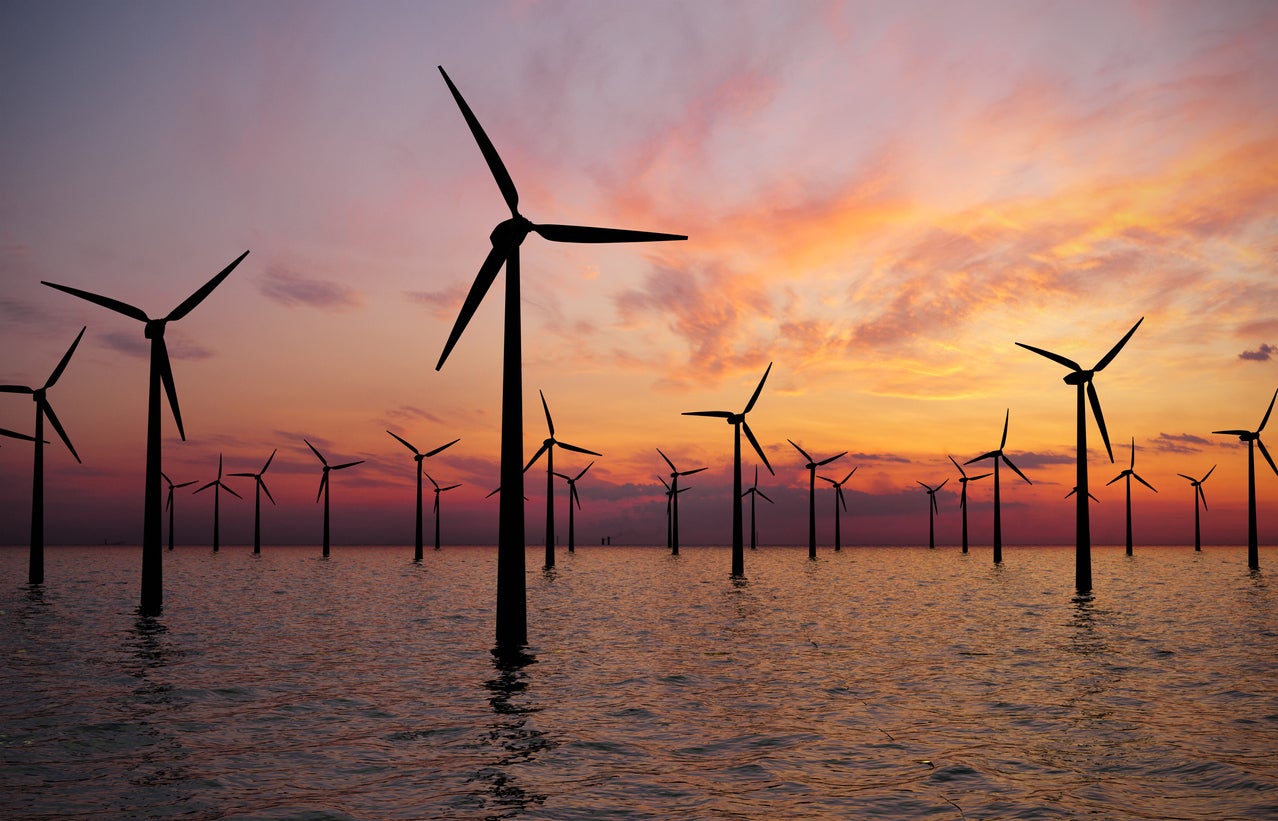Impacts of TRopical and EXtratropical cyclones on future Offshore wind energy over the U.S. Atlantic Coast (TREXO)
European-American Collaboration in Wind Energy Seminar Series

8:00 – 9:00 am MDT
Dr. Jiali Wang
Dr. Jiali Wang is an atmospheric scientist in the Environmental Science Division at Argonne National Laboratory. Jiali received her Ph.D. degree in Atmospheric Science in 2012 from the Institute of Atmospheric Physics, Chinese Academy of Sciences. She has been working at Argonne for 12 years and currently serves as the Uber-Principal Investigator (PI) of TREXO. Additionally, Jiali plays a crucial role as the Research Integrator and Physical Modeling Lead for a Department of Energy (DOE)-funded urban project titled "Community Research on Climate and Urban Science." She has also been one of the key data developers for the Center of Climate Resilience and Decision Science (CCRDS) at Argonne. CCRDS hosts a climate data portal that supports projects from industry and government agencies. Moreover, Jiali is the hydroclimate modeling lead for the DOE-funded Great Lakes Modeling Project, which aims to understand the interactions between the atmosphere, land, and lakes.
Abstract:
This presentation will discuss a project recently funded by the Department of Energy's Wind Energy Technology Office, focusing on the impacts of tropical and extratropical cyclones on offshore wind energy along the east coast of the United States. The ultimate goal is to provide more robust risk information for offshore wind turbines in the context of climate change. We will begin with a summary of a recent symposium on this topic, followed by a discussion of modeling results at various spatial scales, utilizing different techniques for analyzing extreme weather events, with a particular focus on hurricanes. We will specifically present the model's performance in simulating tropical cyclones at both the Earth system scale and the regional scale. At the Earth system scale, we concentrate on climatological statistics using the DOE’s Exascale Energy and Earth System Model (E3SM). At the regional scale, we will showcase the performance of our newly developed, fully coupled atmosphere-ocean-wave model, applying it to investigate the impacts of wave atmosphere interaction through changes in surface roughness, the effects of wave-currents, and the mixing induced by non-breaking waves on hurricane characteristics. For coupling across meso-to-micro scales, we will discuss various coupling methods, highlighting their advantages and disadvantages.